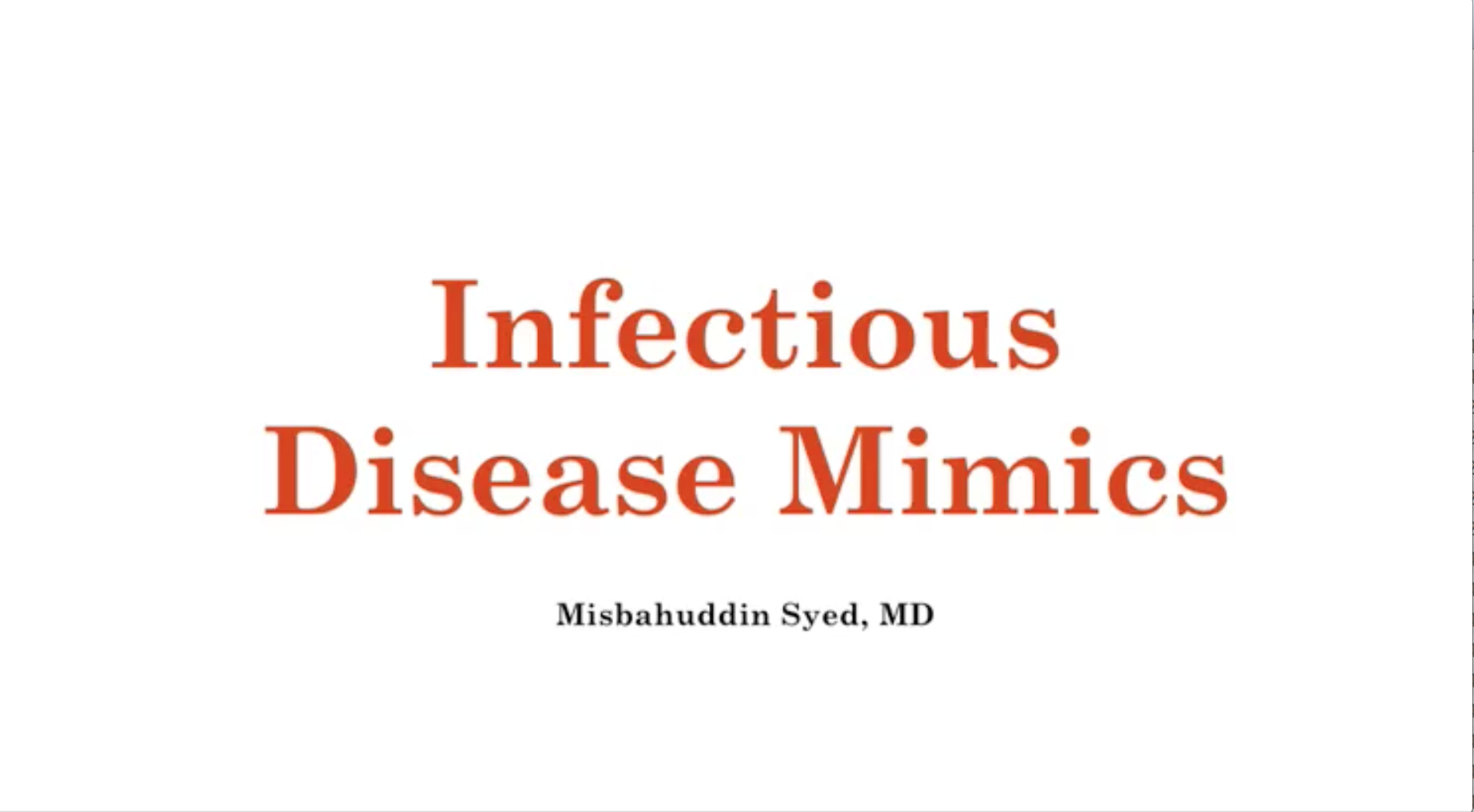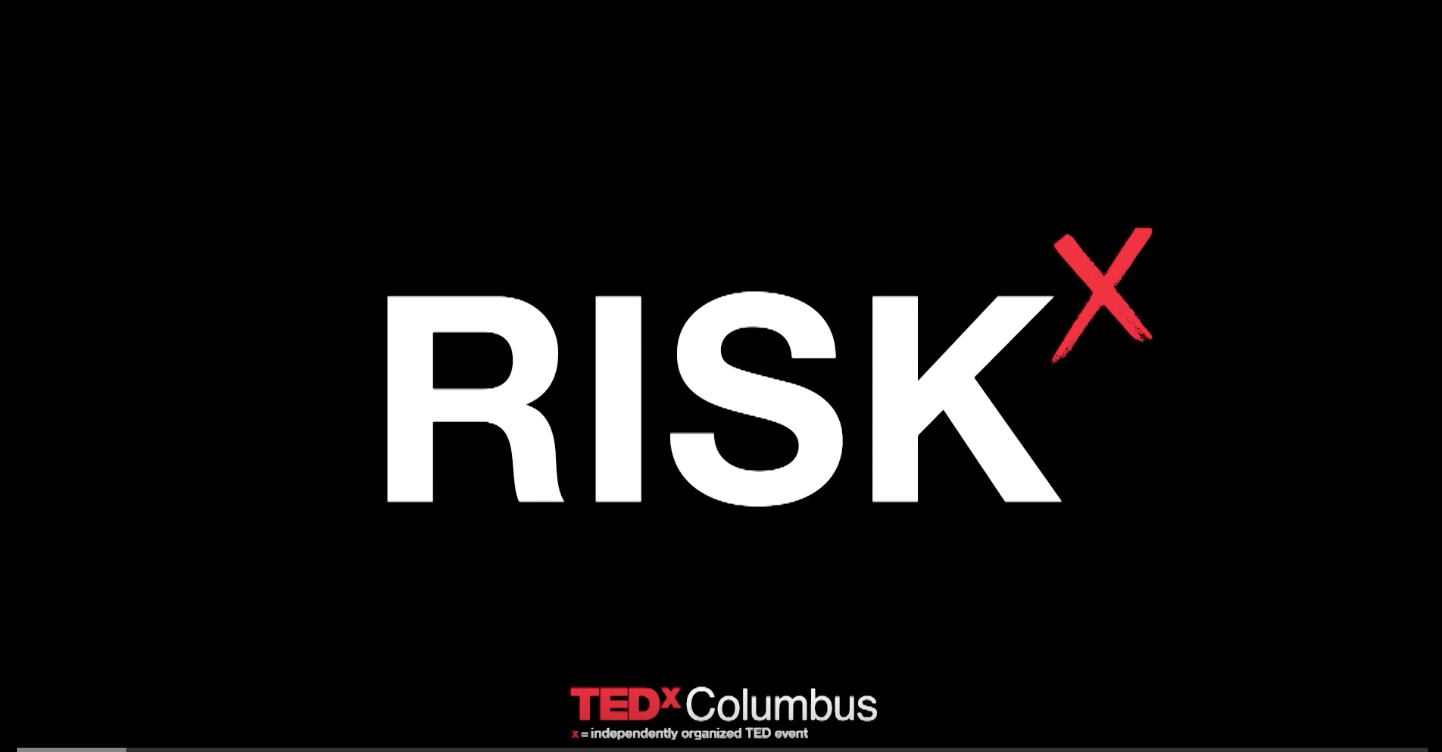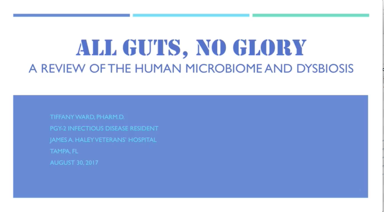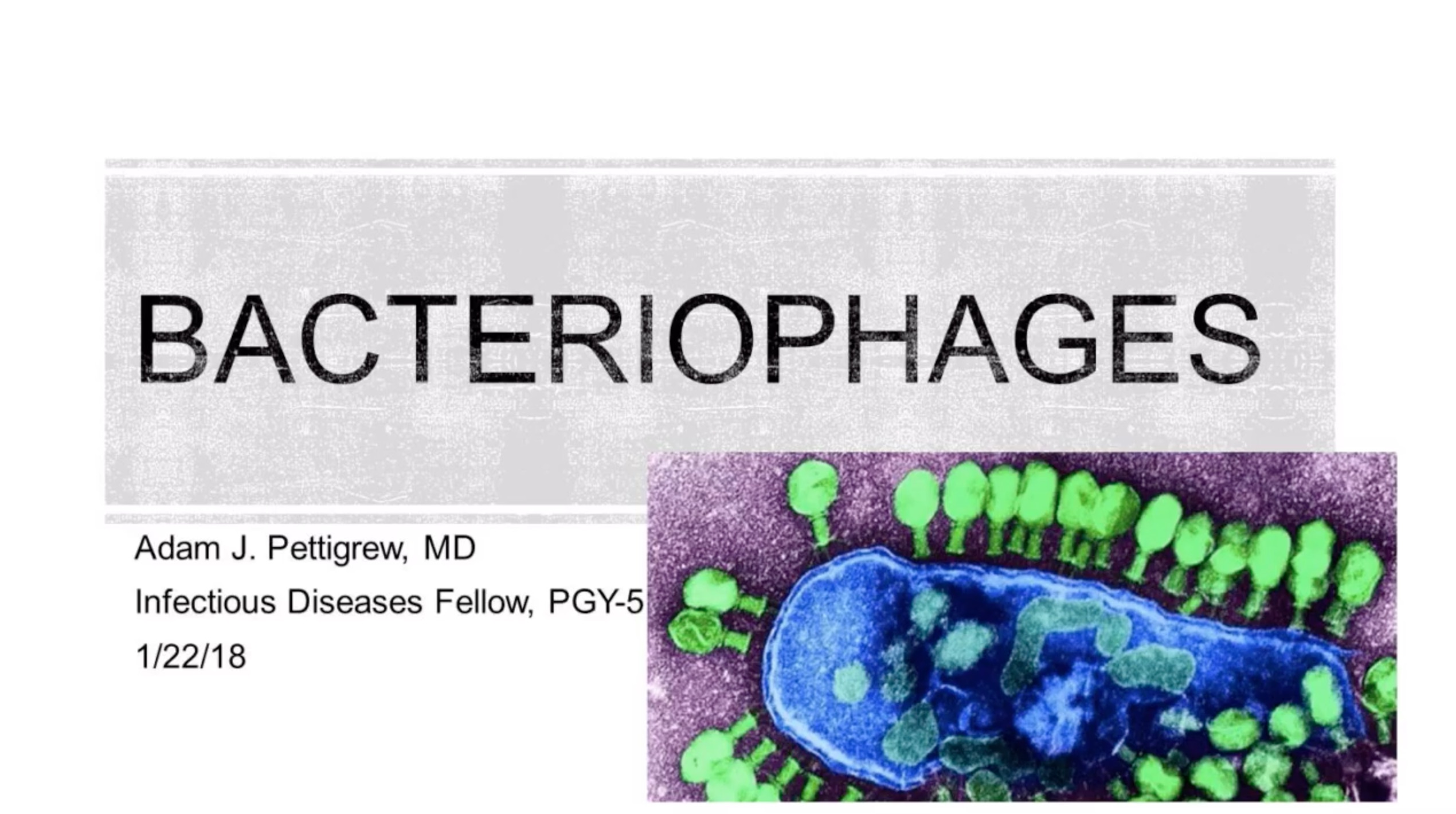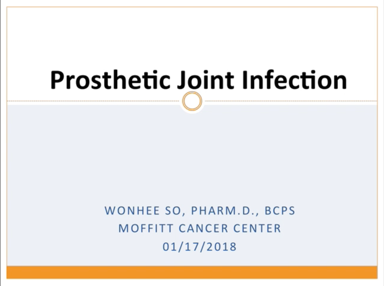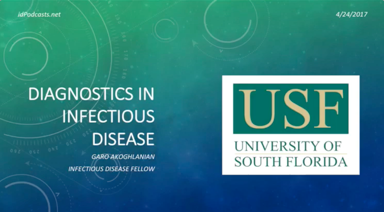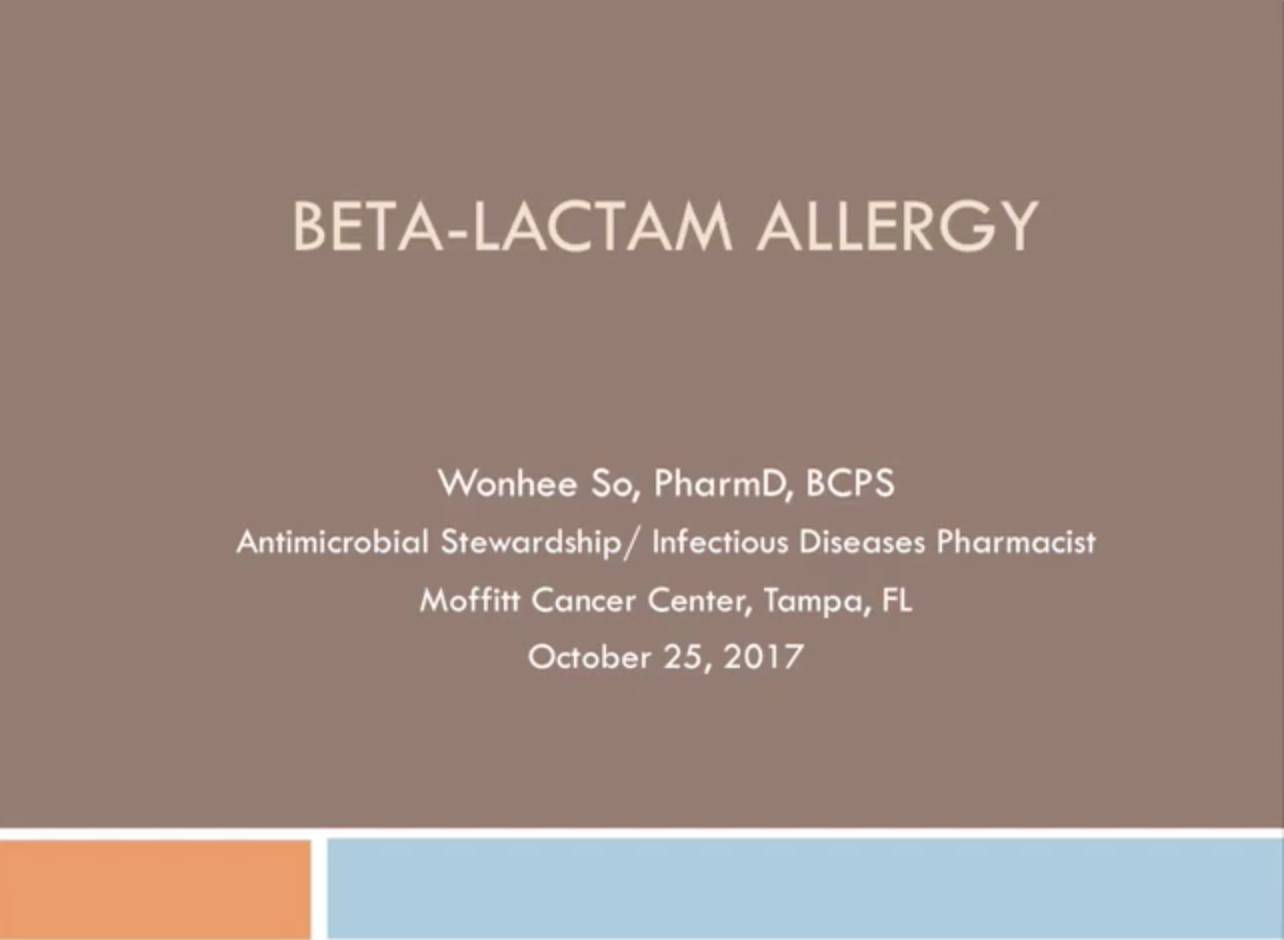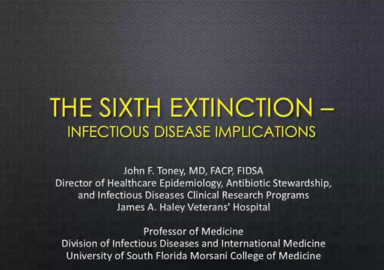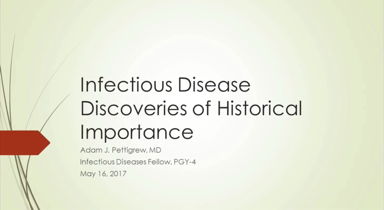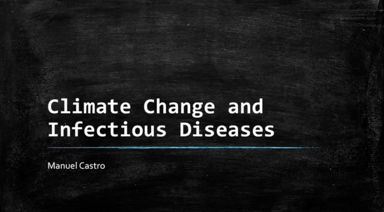Dr. Syed focuses on the diagnostic sign of fever and the ways that non-infectious factors can induce the febrile response. Dr. Syed covers neoplastic fever, central fever, neurogenic fever, autonomic dysreflexia, drug fever, periodic fever, Familial Mediterranean Fever, TRAPS, and some other less common syndromes. Dr Syed also touches on the history of how the “normal” temperature for average individuals was calculated.
Archives
Antibiotics: Just In Case
Have you ever taken an antibiotic “just-in-case” there might be an infection and thought antibiotics are “risk-free” drugs? Prescribing antibiotics “just-in-case” carries the risk of creating superbugs that can be resistant to every antibiotic. The overuse of antibiotics in humans and animals today means untreatable infections tomorrow. Dr. Debbie Goff pharmacist, global antibiotic steward and advocate describes how consumers and patients need to become antibiotic stewards. It is no longer just up to medical professionals. Our children’s children depend on getting everyone engaged in antibiotic stewardship. Debbie Goff Pharm.D. is an internationally renowned infectious diseases clinical pharmacist who works hand in hand with physicians and pharmacists in hospitals across six continents advocating for the responsible use of antibiotics through antibiotic stewardship. From a TedRx Columbus talk originally presented in December, 2016. Reposted with permission of the author. An IDPodcasts.net guest presentation available on our web site exclusively.
All Guts and No Glory: A Review of the Human Microbiome and Dysbiosis
Dr. Tiffany Ward Looks at the ways that medical science is working to understand the significance of the human microbiome (HM), that is, the collection of all of the microorganisms that are living in association with the human body. The HM can be affected in many different ways, a phenomenon known as dysbiosis. Some of the most significant inducers of dysbiosis are diet and antimicrobial exposure. Both of these can be more closely associated than they may seem. Dr. Ward shares her perspective regarding interventions that can protect the integrity of the human microbiome, including diet, a reduction in the usage of antibiotics in the food industry, the use of probiotics, antimicrobial stewardship, and several other specific interventions.
Bacteriophages
Dr. Pettigrew discusses the emerging therapeutic science of bacteriophages, viruses that infect and replicate within bacteria. Although these organisms have been utilized as antibacterial therapies for decades in some regions of the world, they are relatively unknown in western medicine. They may show promise in the treatment of resistant bacteria, as alternatives to antimicrobial compounds, in the preservation and sterilization of food products, in the defense against bioweapons and in environmental antisepsis.
Prosthetic Joint Infection
Dr. So reviews prosthetic joint infections, focusing on epidemiology, risk factors, classification, pathogenesis, and responsible microorganisms. The also discusses pre-operative evaluation. She touches upon the distinction between operative strategies, including singe stage and two stage procedures. Lastly, she discusses prevention in these patients.
Diagnostics in Infectious Diseases
Dr. Akoghlanian reviews several modern studies useful in the diagnosis of infectious diseases. In addition to blood cultures, Dr. Akoghlanian discusses urinary antigens, PCR/NAAT assays, multiplex panels, and Maldi-Tof/Mass Spectroscopy. Dr. Akoghlanian also speculates on future developments in infectious diseases diagnostics.
Beta Lactam Allergy
Dr. So reviews the phenomenon of beta lactam hypersensitivity. She discusses the different types of drug hypersensitivity, explains the risks for cross-reactivity between beta-lactams, touches upon strategies to avoid adverse drug reactions, and reviews penicillin and cephalosporin allergy testing. She closes by mentioning the ways that antimicrobial stewardship programs can address drug allergies.
The Sixth Extinction: Infectious Diseases Implications
Dr. Toney discusses the phenomenon of mass extinctions occuring over the history of life on our planet, and how it is believed we are currently in the sixth worldwide extinction. He speculates on its relevance in the context of human pathogens such as Clostridium difficile, multidrug resistant gram negative enteric bacteria, and on the persistance of gut microbiota. He closes by discussing potential future therapies for human diseases given the waning antimicrobial agent options we currently have to treat them.
Infectious Diseases Discoveries of Historical Importance
Climate Change and Infectious Diseases: A Decade Later
Dr. Manuel Castro presents an update on the effects that climate change is having on infectious diseases as we approach the end of the second decade of the new millennium. He covers the impact that a warming climate is having on ecosystems that breed infectious pathogens as well as the vectors that carry them.
